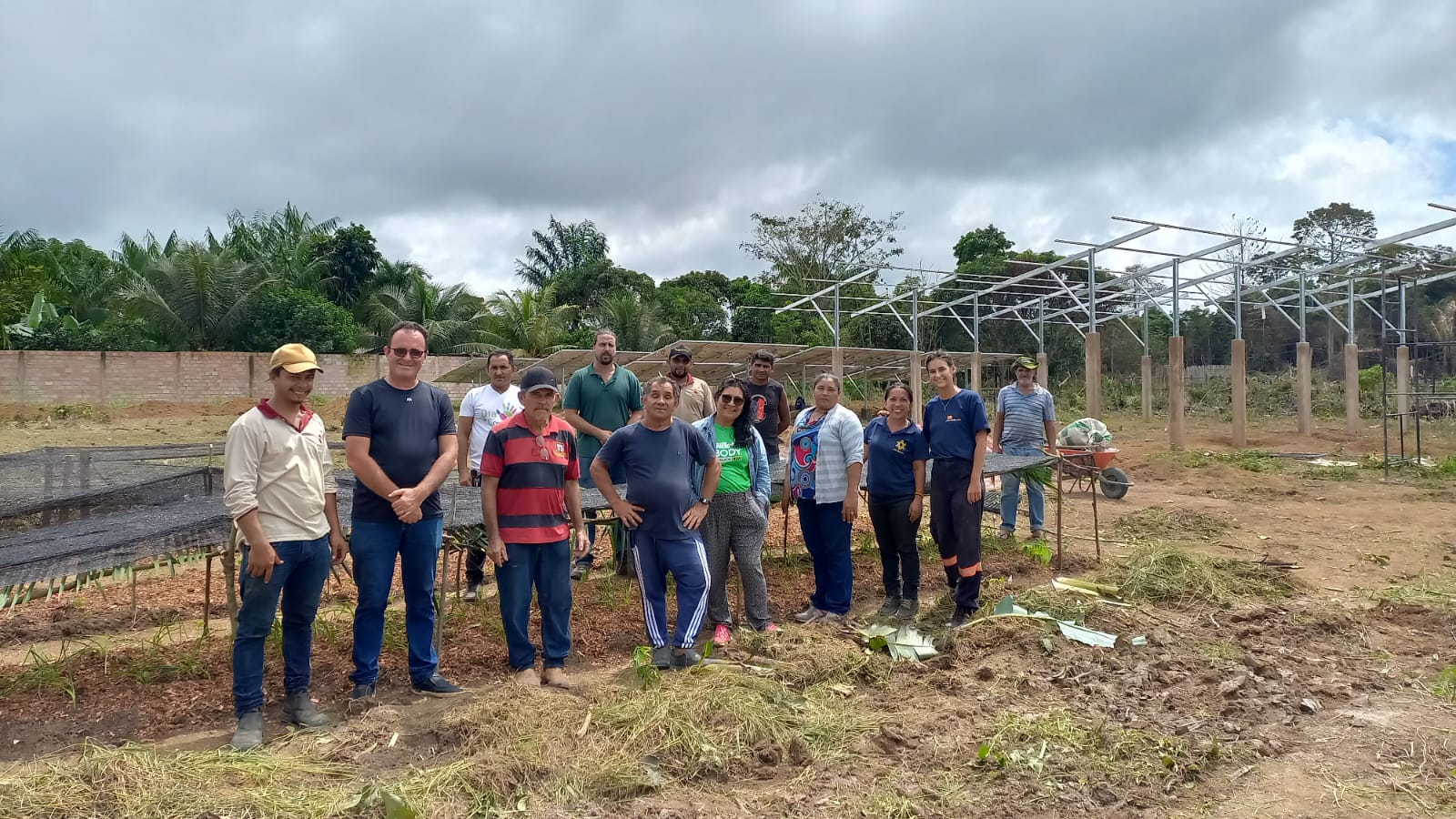

Agrivoltaic is an innovative practice that allows farmers to install solar panels on top of arable land. Hence, these areas can be simultaneously used for cultivation and energy generation. This innovative technology not only renders land use significantly more efficient but also provides the opportunity to reduce the electricity costs of agricultural businesses. This practice can be an ancillary source of income that increases the revenue of farmers and improves the quality of life in rural areas.
DGRV Brazil, in partnership with the Organização das Cooperativas Brasileiras (OCB), the apex organization of Brazilian cooperatives, is helping the cooperative CCampo Alimentos to implement an Agrivoltaic pilot project.
CCampo is a family farming cooperative in the Brazilian Amazon region, in the West of the state of Pará. Its almost 200 members and five employees contribute to the production of fruit, vegetables, and their by-products. The cooperative has two processing units: one manufactures frozen fruit pulp and the other cassava flour.
CCampo´s main clients are regional public schools, that offer meals to their students. During the COVID-19-pandemic, these institutions suspended face-to-face classes and, thus, did no longer offer meals to their students. Therefore, CCampo lost its most important source of income. Its revenue declined strongly.
The cooperative was strongly motivated to seek a new target group, such as enterprises, to reinvigorate its business. However, private market actors, such as supermarkets, have greater demand. This difference led to new challenges, such as increasing production capabilities, improving logistics, changing marketing strategies, and adapting management practices.
To offer its members in the countryside a better quality of life and increased income, CCampo had to optimize its structure to meet its new challenges. Hence, the cooperative started to participate in the consultancy program Aceleracoop in 2020.
Aceleracoop is a consultancy and capacitation program focusing on the management, governance, and market access of family farming cooperatives in the Brazilian Amazon region. DGRV and OCB jointly conduct this initiative.
In the consultation process, CCampo´s high energy costs protruded. An energy efficiency diagnosis allowed to identify the reasons for the cooperative´s high energy usage and to determine potential strategies to reduce its consumption. The results of this process indicated five energy efficiency measures. Additionally, this analysis resulted in a recommendation to optimize refrigerators maintenance and the possibility of generating renewable energy for self-consumption.
This process gave birth to the idea of installing a solar power plant and led to a daunting question: Why not make this change as part of an innovative pilot project?
The solution to CCampo’s high energy costs was found in the installation of Agrivoltaic systems: combining cultivation and the generation of solar energy.
In the future, the solar plant will generate approximately 70% of the energy it needs to process and freeze fruit pulp. A portion of these savings is destined to be reinvested in a fund. The best way to apply these resources is currently being studied. Nevertheless, the fund should be utilized to invest in the cooperative business and the maintenance of the power plant. Therefore, the AgriPV powerplant not only increases CCampo’s profitability but also helps this cooperative to advance its further development.
This project is expected to continuously further the evolution of CCampo and its members. Ultimately, this project aims to increase the income of people in rural communities, improve their livelihoods, and secure food production.
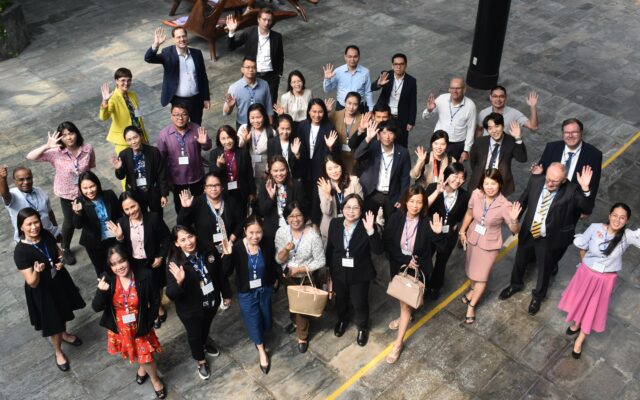
A new partnership between DGRV and the Cooperative Development Authority (CDA) in the Philippines is enhancing regulatory oversight and stability within the cooperative sector.
More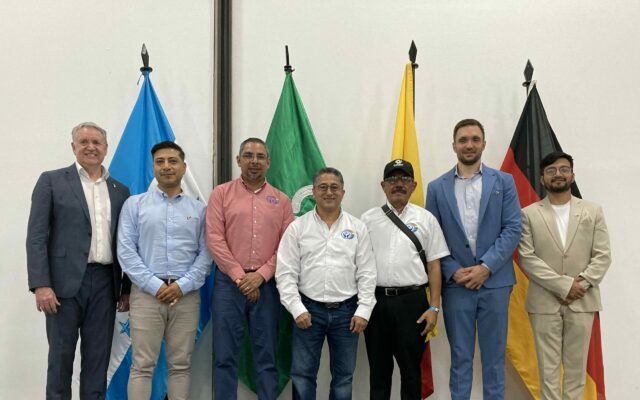
DGRV’s project in Honduras focuses on strengthening the cooperative financial sector, particularly in rural areas, and improving access to financial products and services. The initiative also aims to enhance resilience to climate change and promote the efficient use of natural resources, fostering sustainable and inclusive economic growth.
More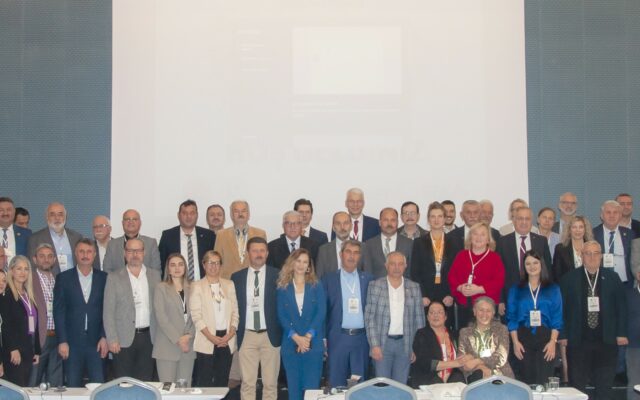
The 8-year long TAKBİ project within the framework of the Turkish and German association cooperation, revitalized Turkish agricultural cooperatives by surmounting challenges, elevating organizational structures, improving service quality, and fostering member satisfaction, leaving a lasting positive impact on the cooperative landscape in Turkey.
More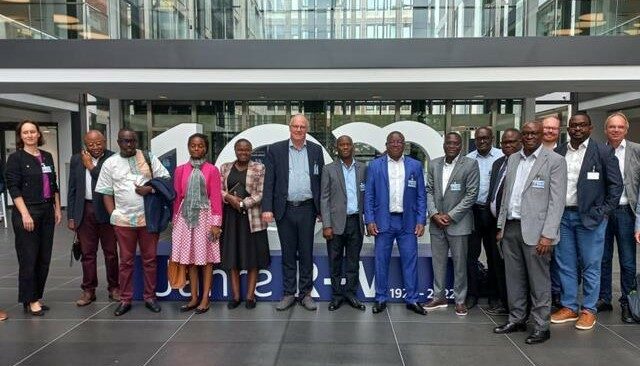
Financial experts from Benin, Cameroon, and Uganda embarked on a journey to Germany to explore the essence of cooperative principles, forging a vision for a resilient banking sector that transcends borders and fosters economic and social progress in African communities.
More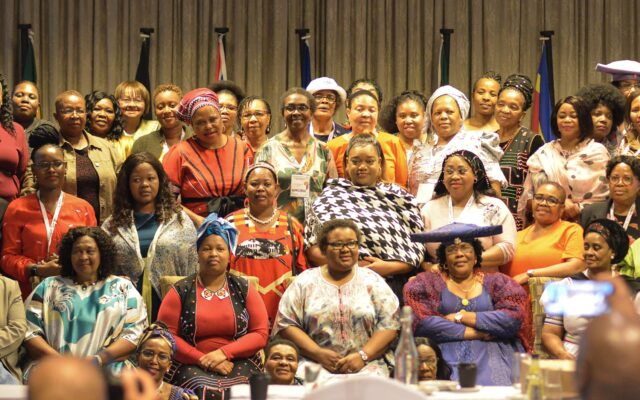
In an extraordinary gathering, female traditional leaders from Southern Africa converged to harmonize the concepts of Ubuntu and cooperative principles, setting a visionary path for community development.
More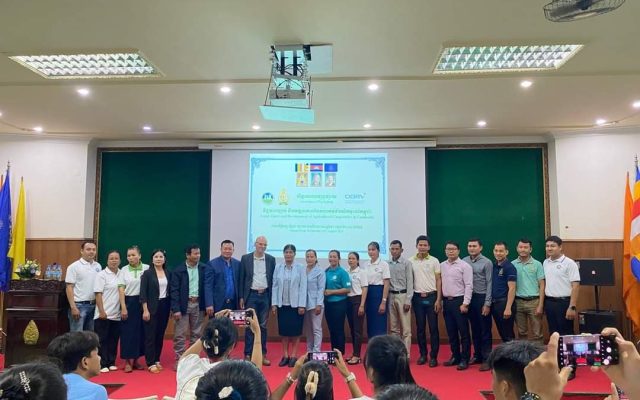
Empowering Cambodia's agricultural cooperatives through dynamic seminars: DGRV and AERD/RUA collaborate to drive leadership, professionalism, and sustainable growth.
More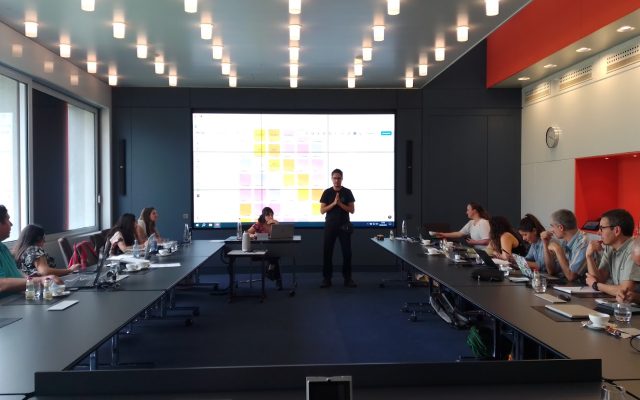
In June, eight Chilean organizations participated in an Exposure Visit to learn from the experience of Energy Cooperatives in Germany
More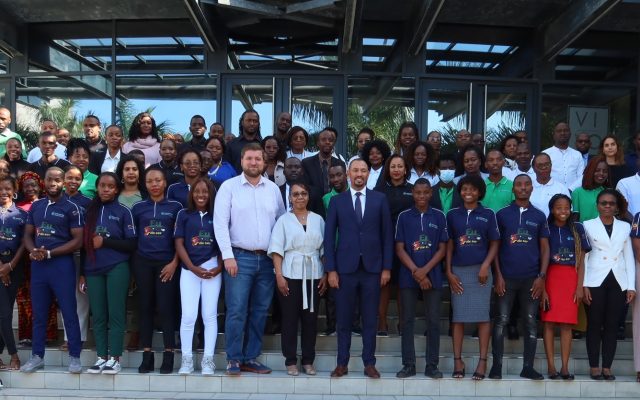
Empowering Mozambican youth through cooperative entrepreneurship to tackle unemployment and promote economic growth.
More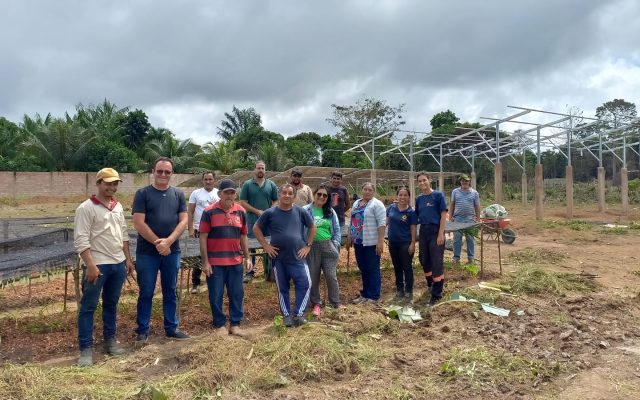
Helping the cooperative CCampo Alimentos to implement an Agrivoltaic pilot project in Brazil
More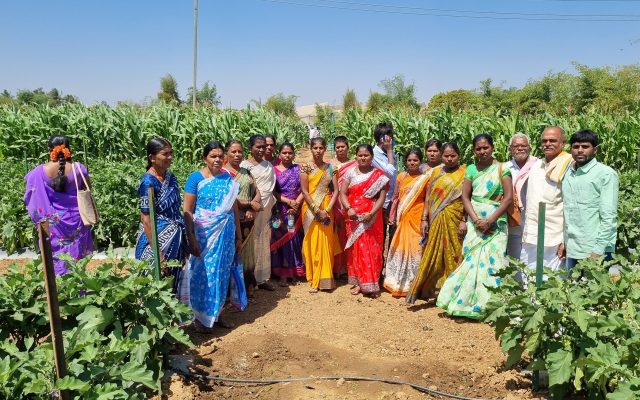
Adaptation measures to climate change in rural areas in India
More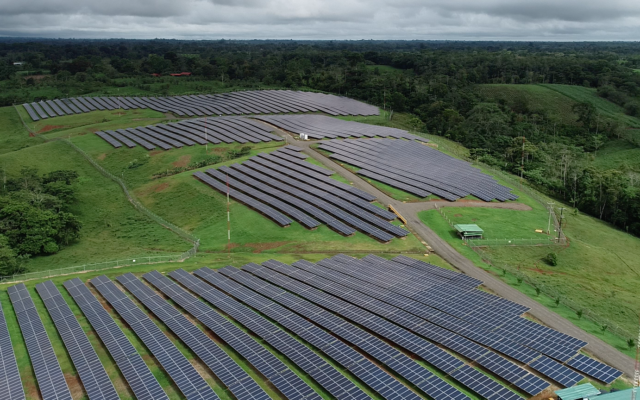
Renewable Energy in Costa Rica generated by cooperatives.
More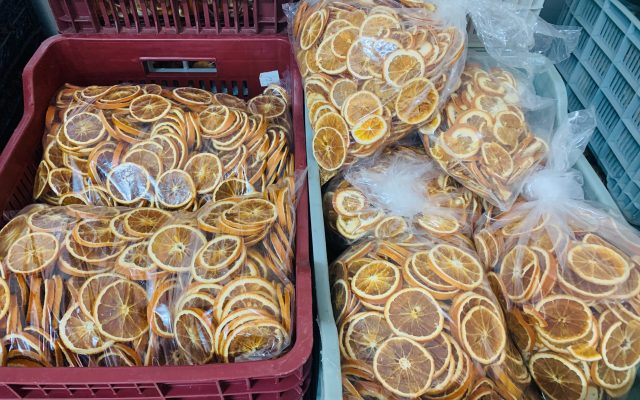
Food Processing with a Regional Federation
More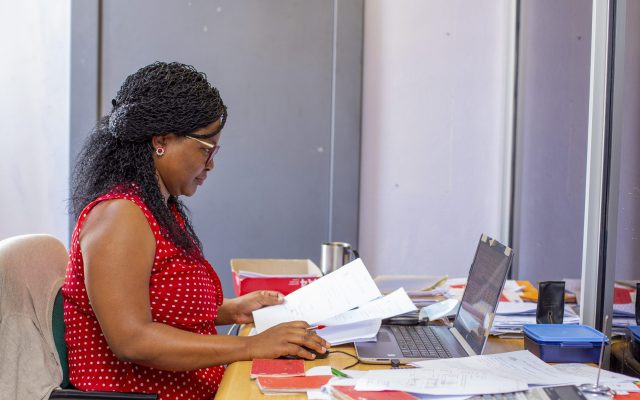
Digitisation of Primary Co-operatives in eSwatini
More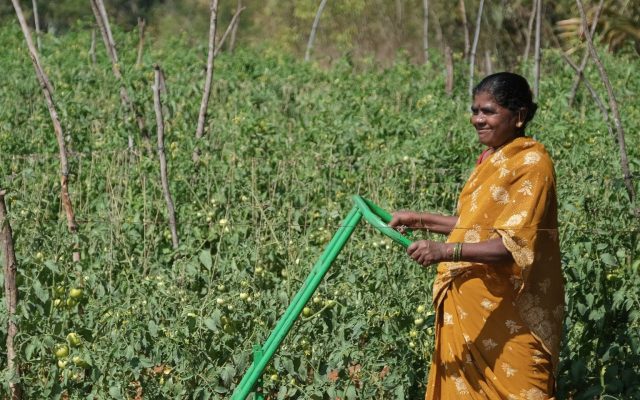
A central solution that enables members to make daily agricultural necessities available promptly and financially affordable
More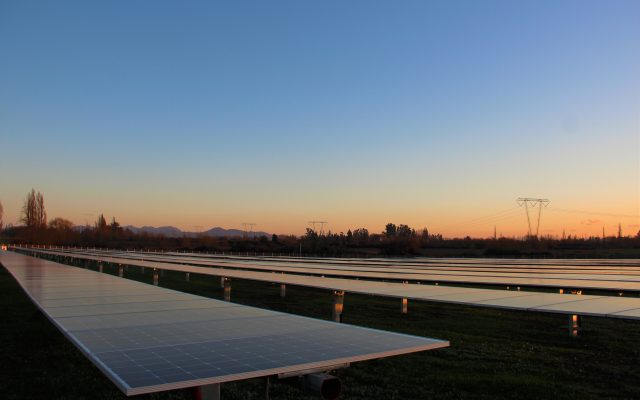
The creation of Community Distributed Generation Cooperatives in Chile.
More
Textile cooperative in Tunisia
More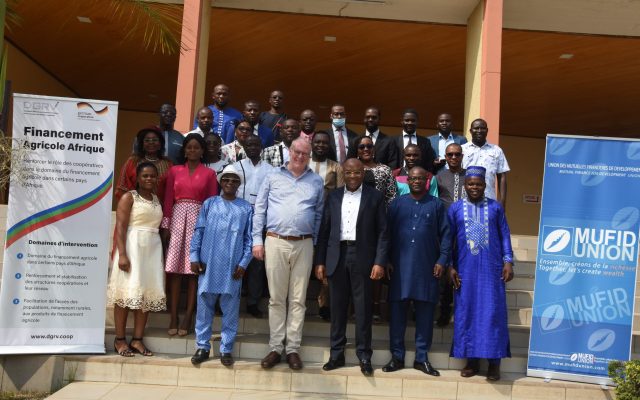
Facilitating access to quality agricultural finance products in Cameroon
More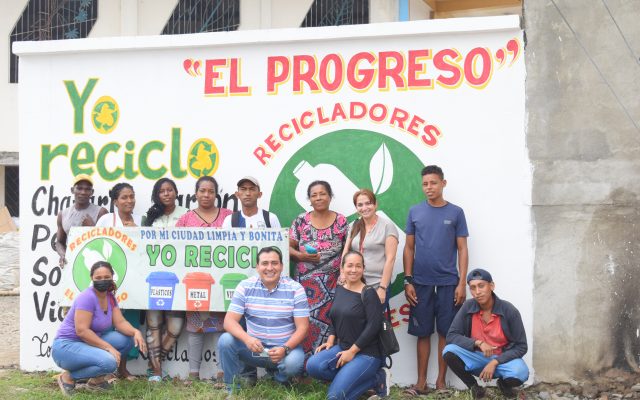
Generating business and commercial connections with the "Networks in Action" project
More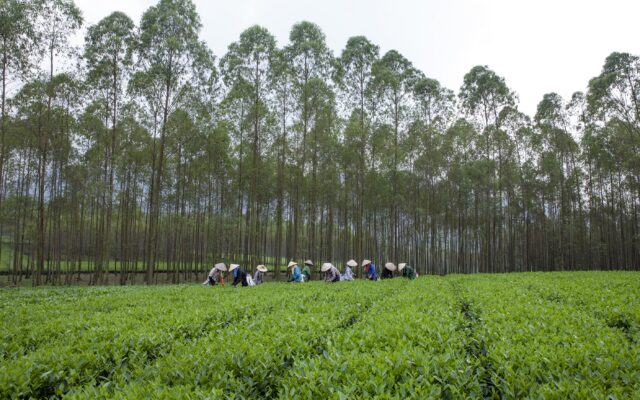
Mid- term courses for cooperative officials in Vietnam
More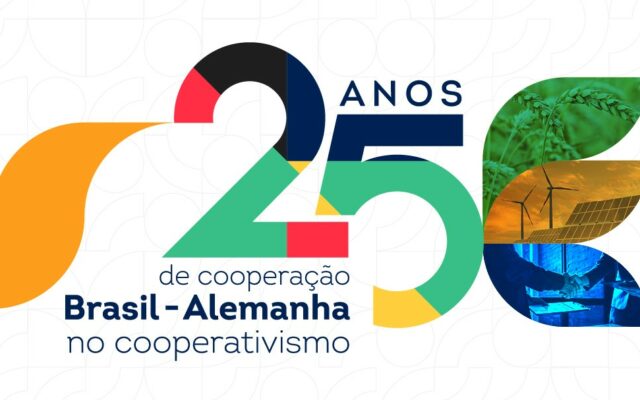
The collaboration between the Brazilian and German cooperative sector
More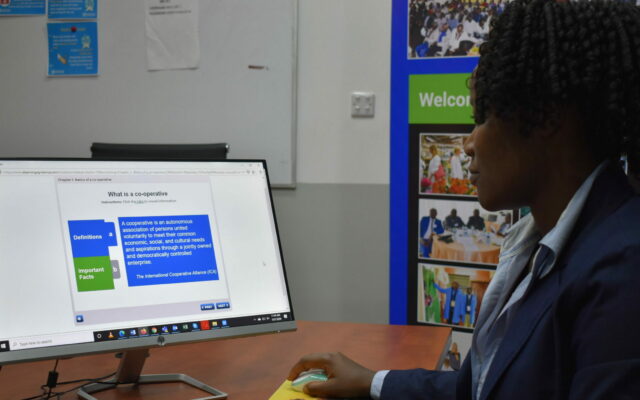
DGRV Kenya supports project partners on their way to adapt to “The new normal” in times of COVID-19
More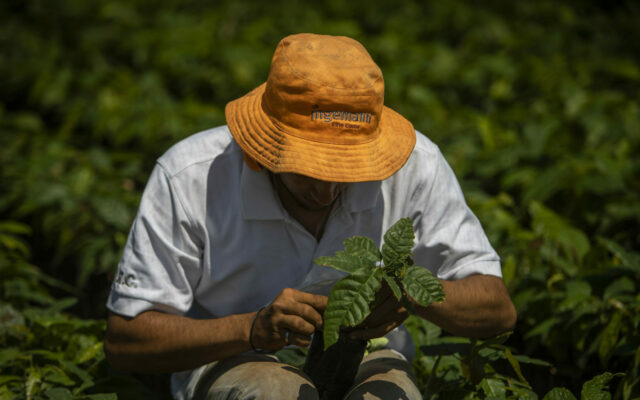
Pablo and his Potatoes
More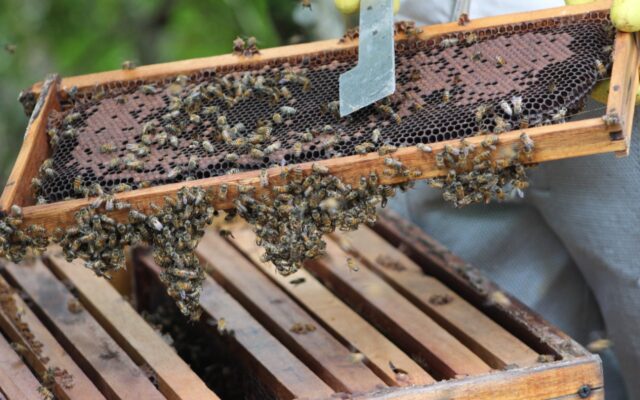
Strengthening small rural producer organizations in Colombia
More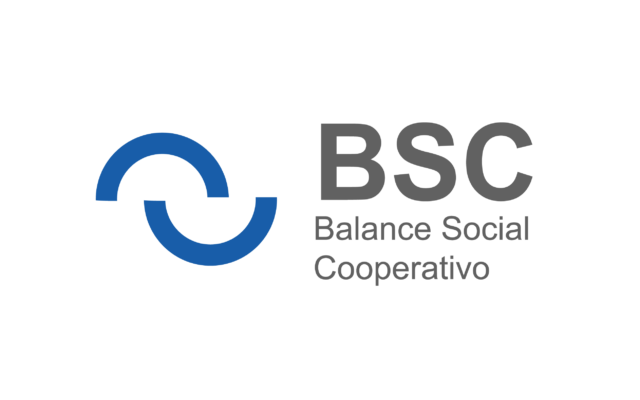
Cooperative Social Responsibility in Honduras
More